Early Detection Can Save Your Life
The CIZ1B Biomarker Blood Test for Early Detection of Lung Cancer is Coming Soon to U.S. Clinical Settings
Stage I
Lung Cancer
Five Year Survival
Lung cancer can grow quietly for years, even though you may feel healthy. In fact, symptoms often don’t appear until the disease is at an advance stage—when it has already spread to other parts of the body, and treatment options are limited.
But when lung cancer is found early, everything changes. According to the American Lung Association, people diagnosed with Stage I lung cancer have a 63% chance of surviving five years or more. That number drops to just 8% once the cancer has spread to other parts of the body. (Source: Lung Cancer Additional Measures - Lung Cancer Trends Brief | American Lung Association)
The good news is that lung cancer can often be treated with surgery if it’s diagnosed at an early stage and has not spread. That’s why early detection is critical.
A Simple Blood Test Finds Lung Cancer Early
Cizzle Bio is solving the challenge of early detection with the CIZ1B biomarker test—a groundbreaking blood test that can detect cancer in it’s earliest stages, when it’s most treatable.
Quick and Convenient. The test uses less than a tablespoon of blood and is designed to be ordered easily by your healthcare provider.
REASONSWhy Should You Consider the CIZ1B Test?
Lung Cancer is Often Silent.
Many people don’t have symptoms or feel sick until the cancer is at an advanced stage and has spread to other parts of the body.
High-Risk Patients Need Screening
The U.S. Preventive Services Task Force recommends screening for 14.2 million people at high risk, including longtime smokers; those who were exposed to radon, asbestos, or heavy air pollution; people who have a family history of lung cancer; and those who have a personal history of chronic lung disease. Learn more about the U.S. Preventive Services Task Force here Recommendation: Lung Cancer: Screening | United States Preventive Services Taskforce
A growing body of research also links chronic wildfire smoke exposure to an increased risk of lung cancer as well as an increased risk for firefighters.(Source: What’s the link between wildfires and cancer?)
Catching Cancer Early Improves Lives
Early detection of lung cancer is associated with better outcomes and longer survival.
SOLUTIONA Smarter, More Accurate Way to Detect Lung Cancer
DETECTS EARLY-STAGE LUNG CANCER (STAGE 1)
More treatment options are available, and you have a better chance at recovery.
AFFORDABLE AND ACCESSIBLE
Can be ordered by any primary care or family medicine physician.
SIMPLE, STRESS-FREE BLOOD DRAW
No troublesome procedures.
CLINICALLY VALIDATED
Backed by strong scientific data showing sensitivity at 95% for Stage 1 detection.
REDUCES RADIATION EXPOSURE THAT RAISES CANCER RISK
Low-dose CT scan (LDCT) is currently the most commonly used screening tool for lung cancer. The results of a Journal of the American Medical Association (JAMA) study found that CT scans in 2023 caused more than 100,000 cancers, with lung cancer being the most common. (Source: Projected Lifetime Cancer Risks From Current Computed Tomography Imaging | Less is More | JAMA Internal Medicine | JAMA Network)
PEACE OF MIND
Allows you to be proactive about your health.
Coming Soon to U.S. Clinical Settings
The CIZ1B test will soon be available through healthcare providers across the United States. Please check this page often for updates on how and where to get tested.
Take the First Step Toward Early Detection
If you or a loved one is at risk for lung cancer, talk to your doctor about early detection options. When available, the CIZ1B blood test offers a safer, simpler way to get answers—before symptoms begin.
Because when it comes to lung cancer, early detection saves lives.





